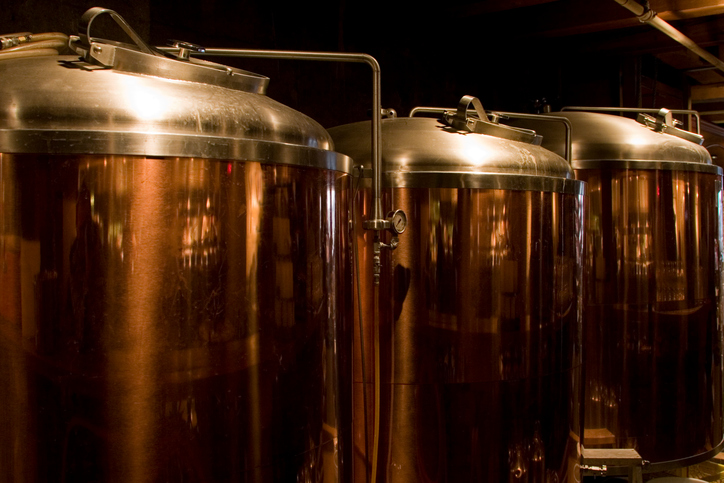
Ontario Brewery Implements Closed-Loop Water System
For Earth Day on April 22nd, Ontario’s Cowbell Brewing released a description of their forthcoming closed-loop system for water usage. The system will supply fresh…

For Earth Day on April 22nd, Ontario’s Cowbell Brewing released a description of their forthcoming closed-loop system for water usage. The system will supply fresh…

Alert Labs Inc., designer of the Flowie water sensor and Floodie companion sensor, which help to protect homes from flood damage and to provide minute-by-minute…
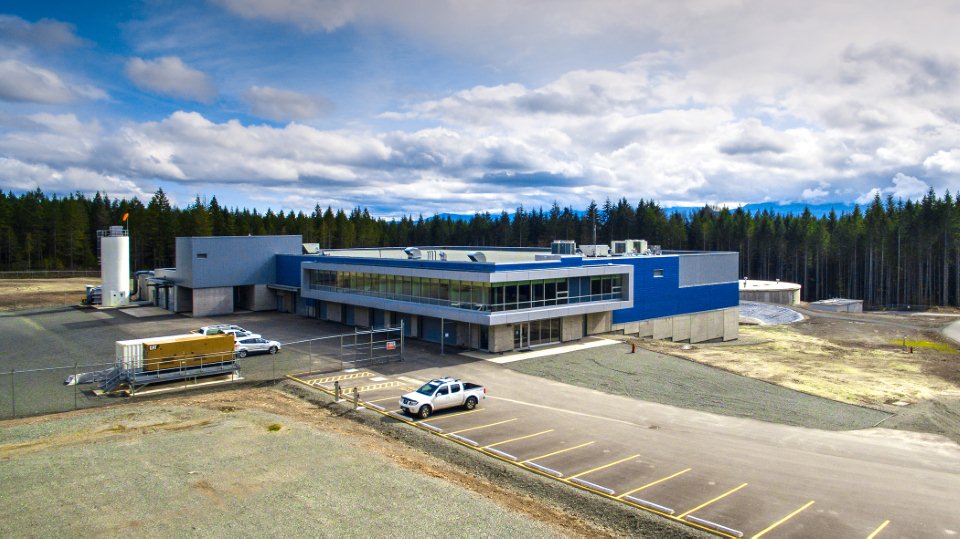
On Saturday, April 8th, the City of Nanaimo and Associated Engineering were recognized for the City’s South Fork Water Treatment Plant, receiving an Award of…
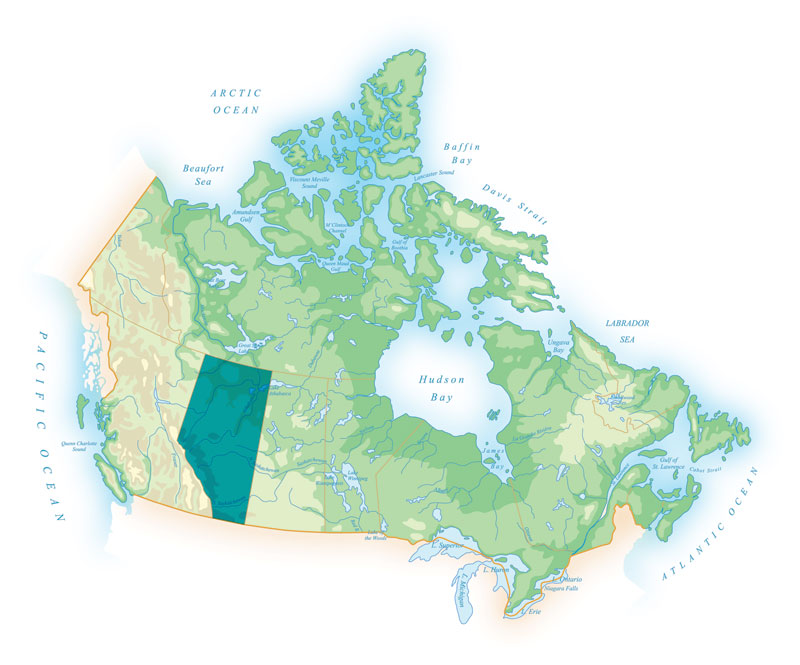
The Government of Alberta has developed plans to manage looming water shortages in central and southern Alberta, but those plans risk leaving First Nations without…
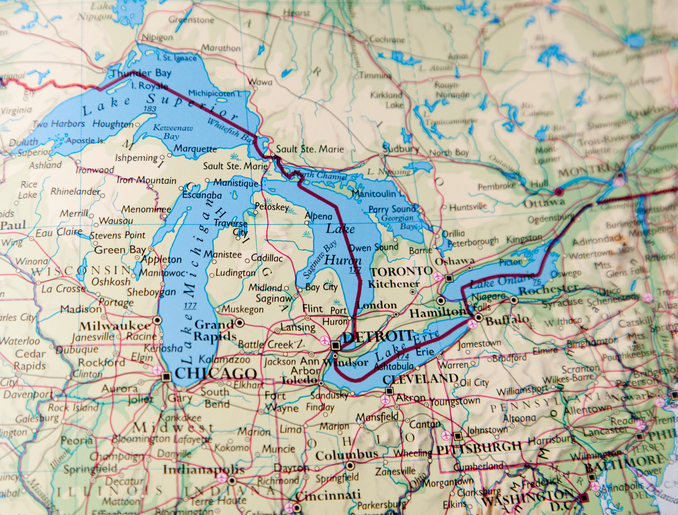
United States congressional representatives have appealed directly to the president that he provide $300 million to support the Great Lakes Restoration Initiative (GLRI) in response…
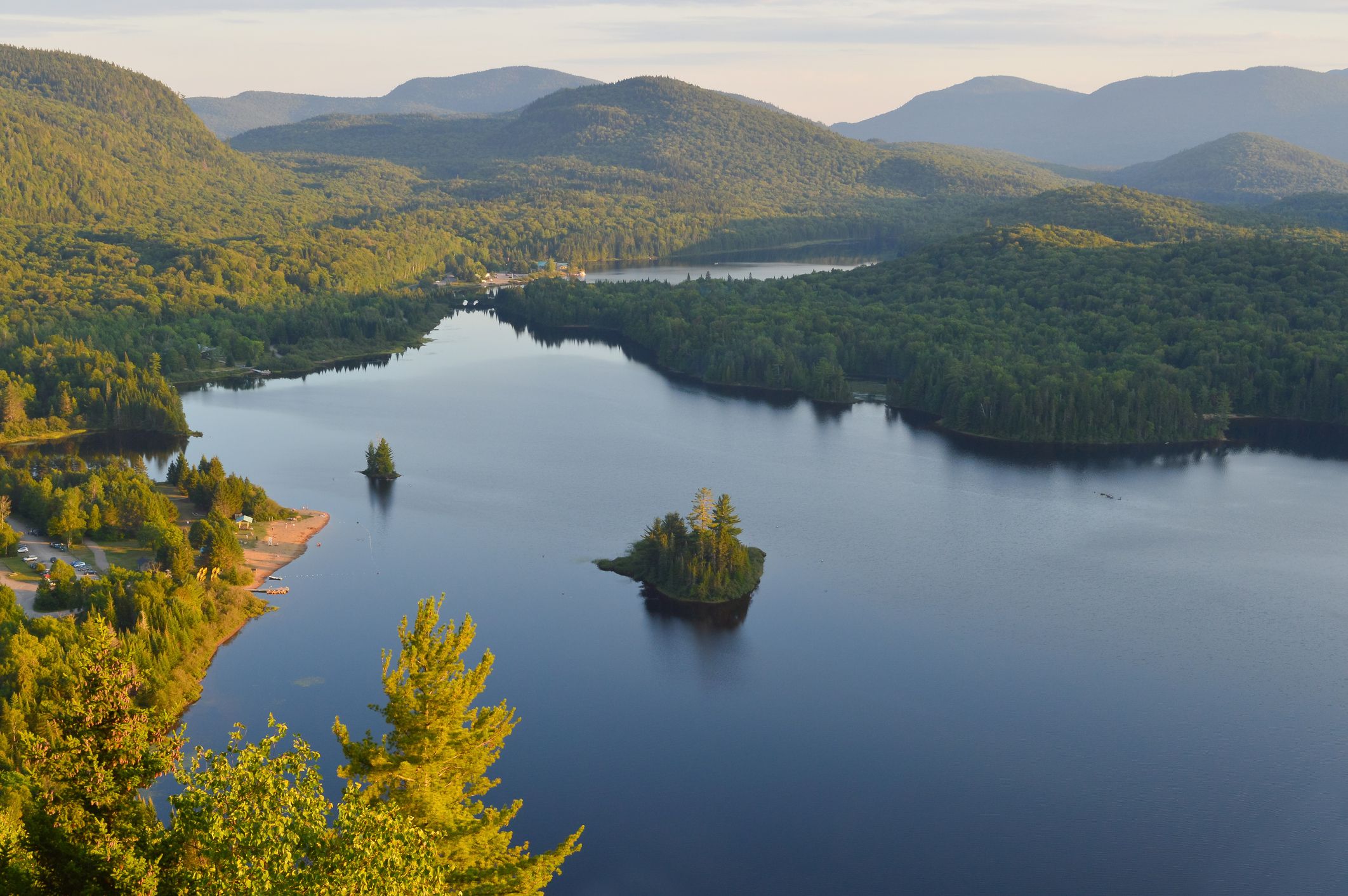
A new study from the Canada’s national statistics agency shows that Canada is blessed with a wealth of water resources and that Canadians are doing…
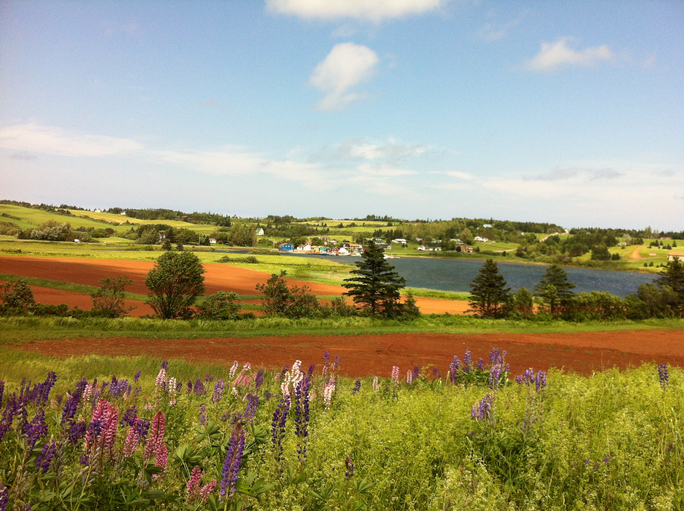
On March 16th, Prince Edward Island released its draft Water Act for public comment. The draft is comprised of existing and new legislation, which includes…
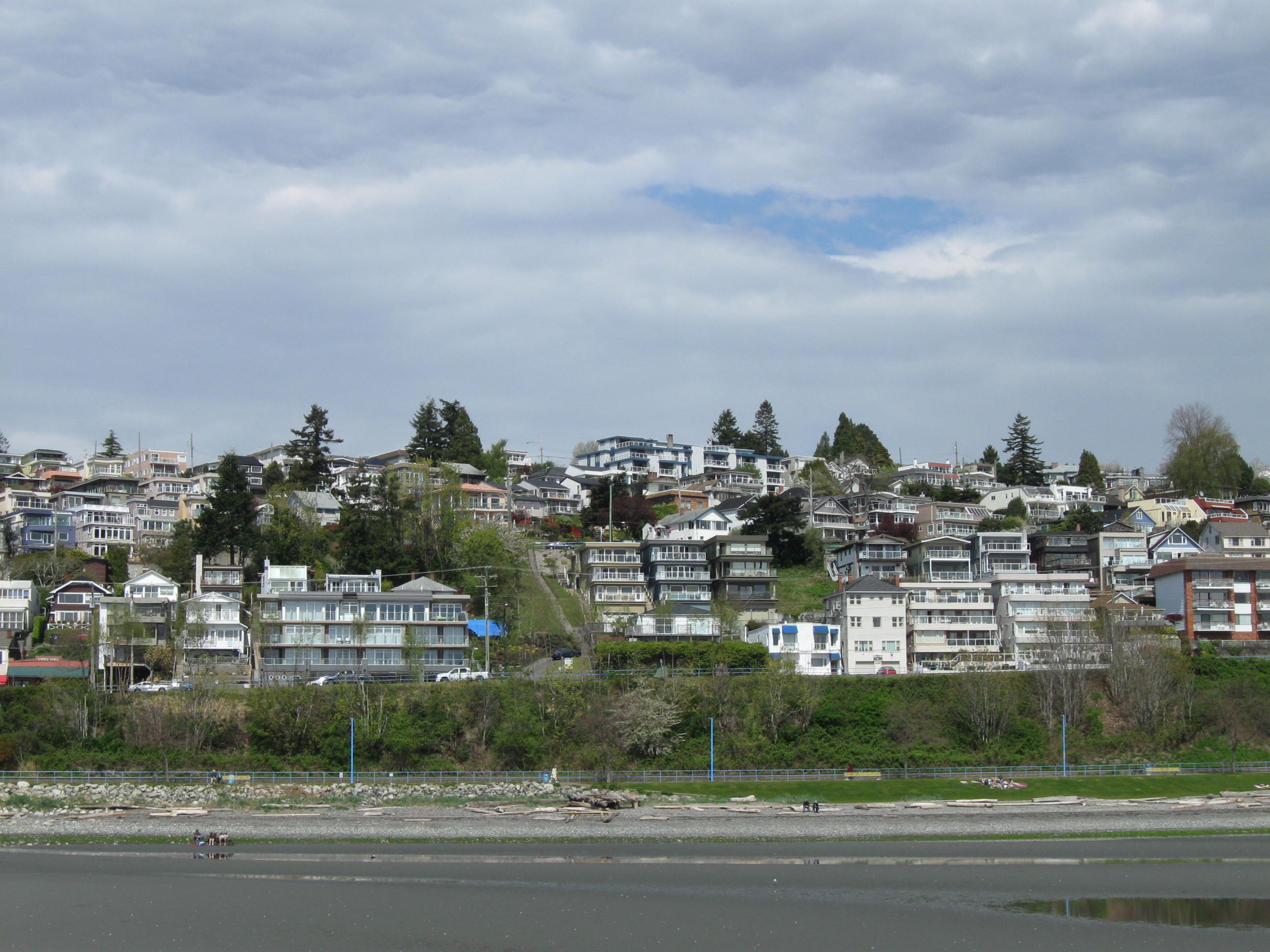
White Rock, B.C., has received nearly $12 million in funding from the governments of Canada and British Columbia to help deliver a $14.2 million arsenic…
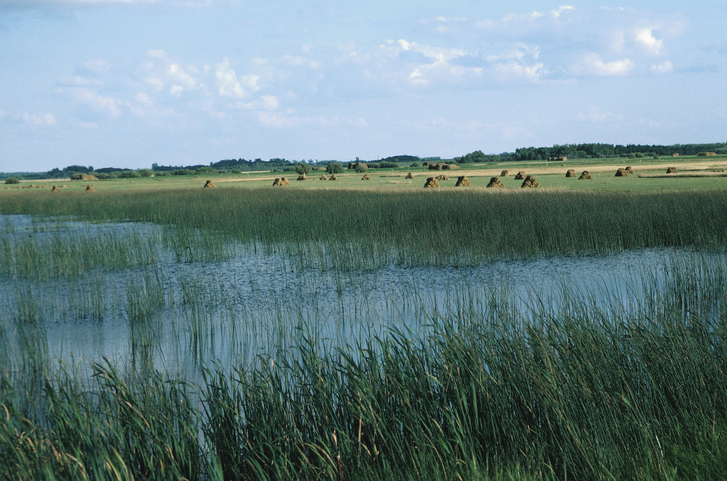
Manitoba has given a first reading to its Red Tape Reduction and Government Efficiency Act, 2017, or Bill 24. The changes would impact The Drinking…
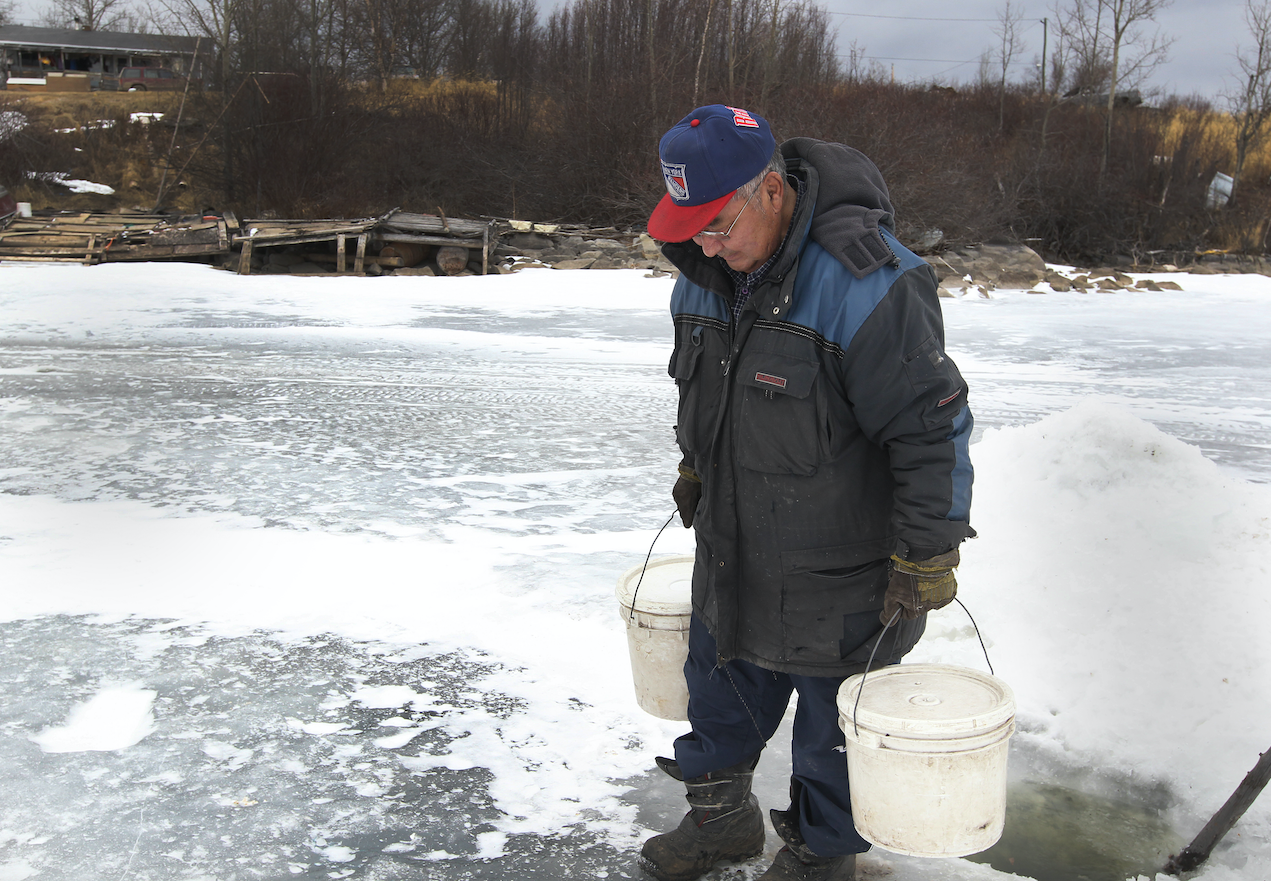
New research from the School of Public Health at the University of Saskatchewan shows that research on drinking water and health outcomes in Indigenous communities in…
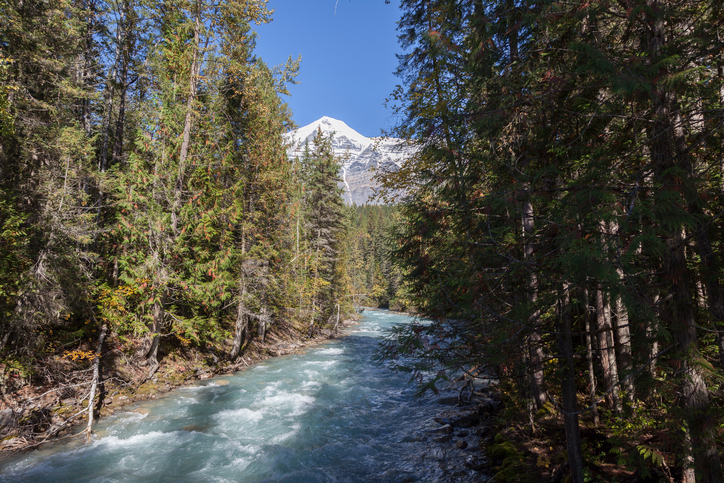
The latest survey of snowpack in British Columbia shows that there has been below-average accumulation in the province’s watersheds, reports the River Forecast Centre (RFC).…
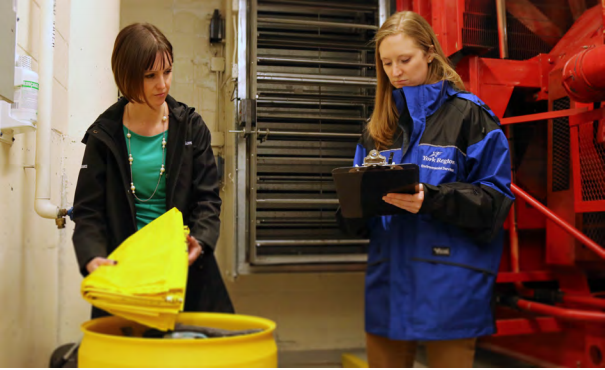
The Regional Municipality of York has released its 2016 Source Water Implementation Annual Report, which summarizes the work York Region is doing to identify and…

A report on water market shifts from Bluefield Research outlines 7 signposts to watch for in water markets for 2017. The shifts are focused on…
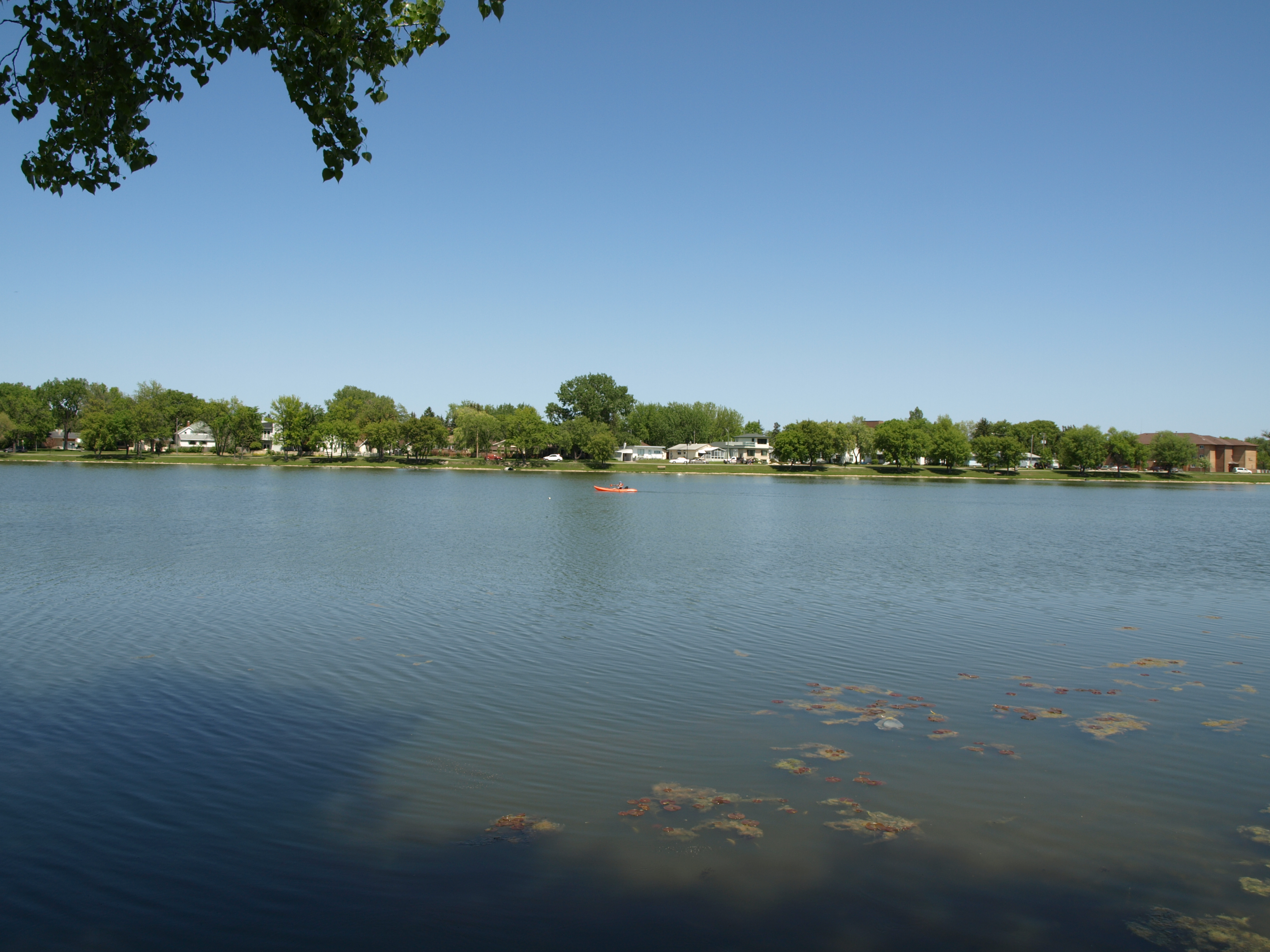
The municipal council of Crescent Lake in Portage la Prairie, Manitoba are reviewing options to improve water quality of Crescent Lake. The lake serves as…

Climate change, drought, and increasing demand are creating a global water volatility crisis. As communities around the world find ways to use water more efficiently,…
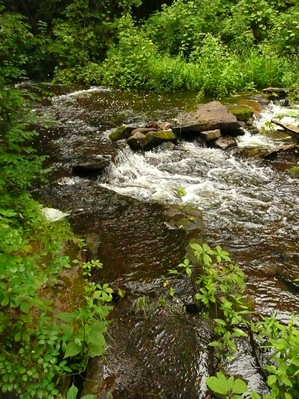
In the area of Belleville, ON, the Quinte watershed has experienced low water conditions since June. In August, a Level 3 Low Water Condition was…
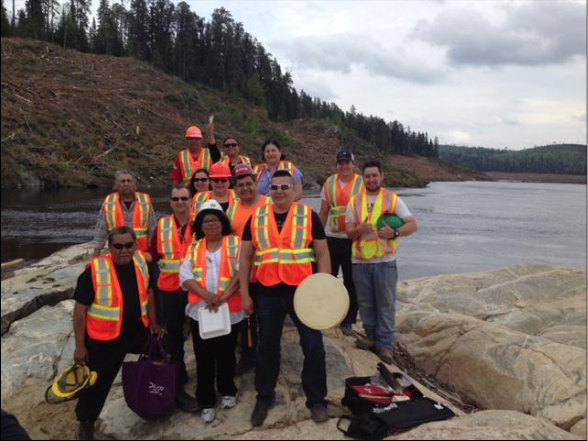
The Pic Mobert First Nation is the recipient of a 2016 Ontario Waterpower Association Innovation Award for solving an energy infrastructure dilemma while safeguarding drinking water…
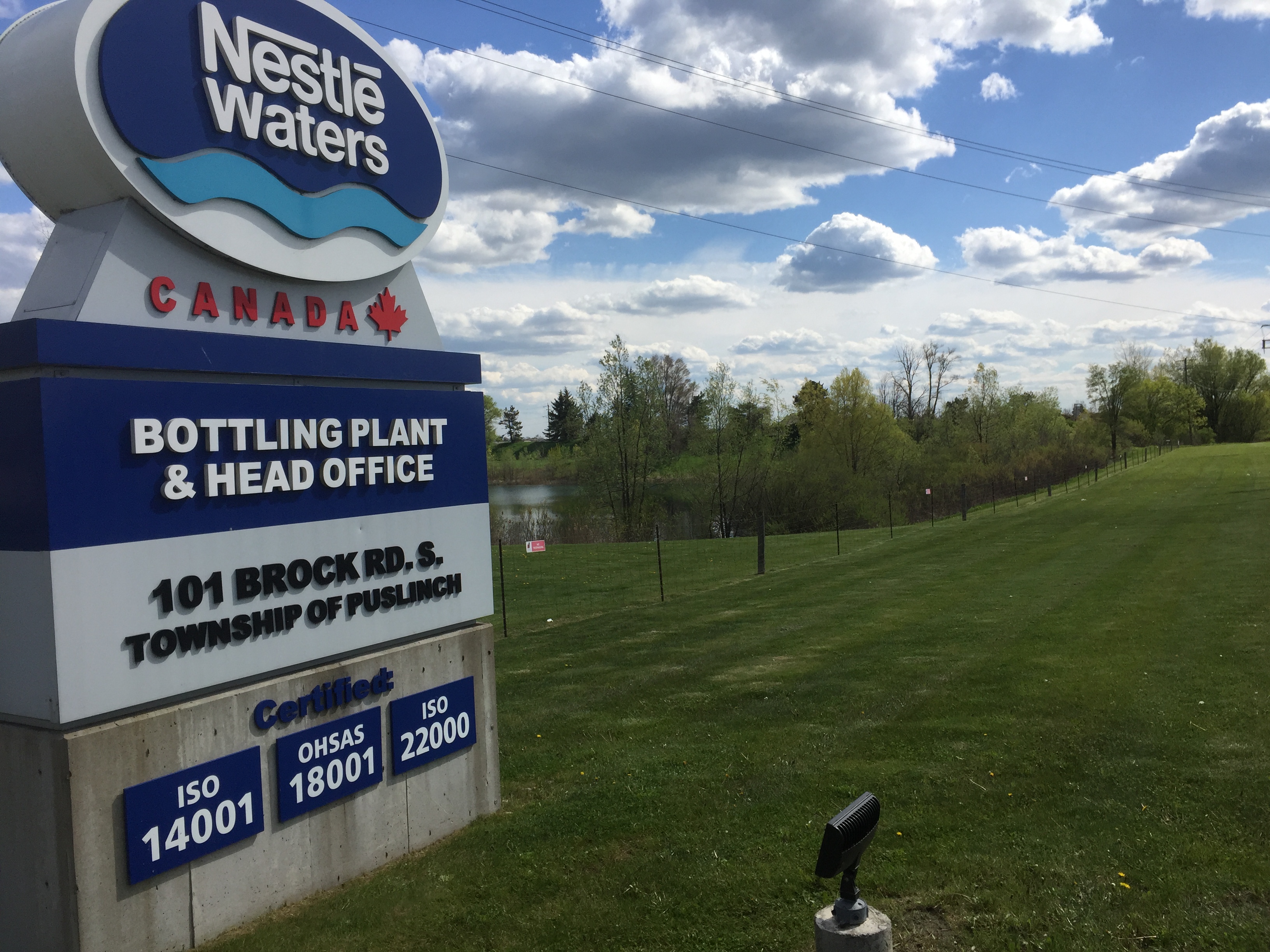
As consumers, we expect that when we turn on the tap—whether for drinking, cooking or cleaning—the water will flow. At Nestlé Waters North America, we…
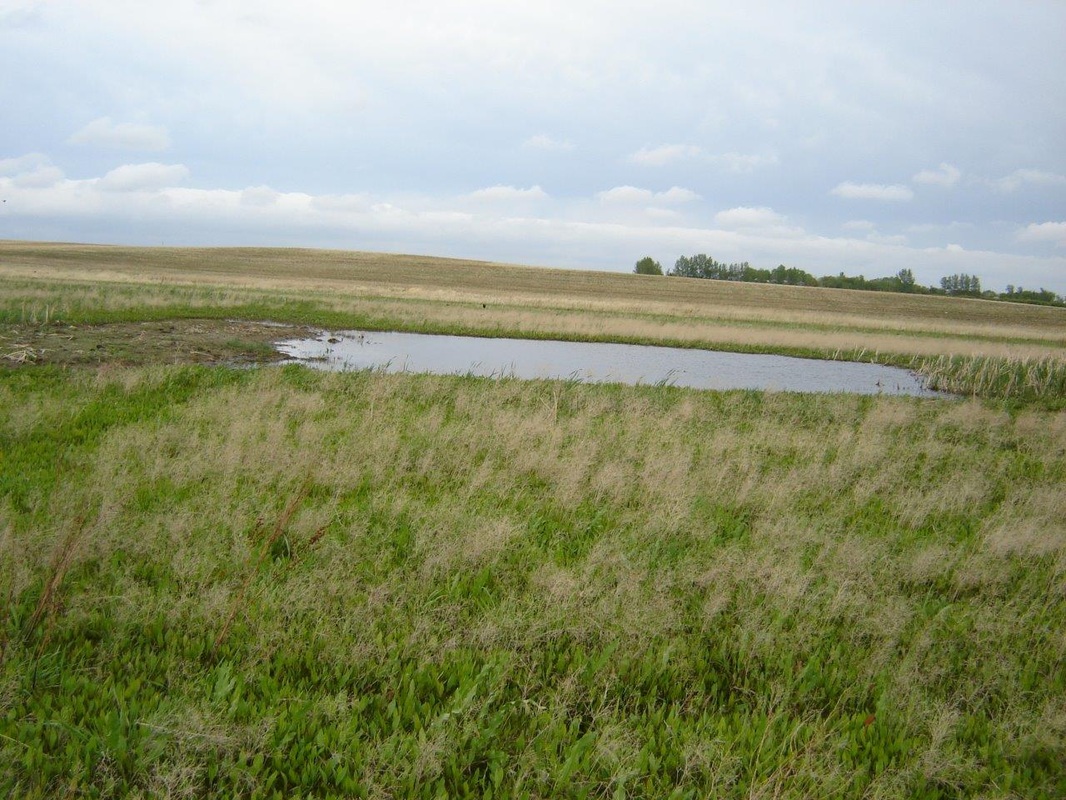
If a landowners property has previously been drained by a man-made ditch, they are eligible to receive a one-time payment
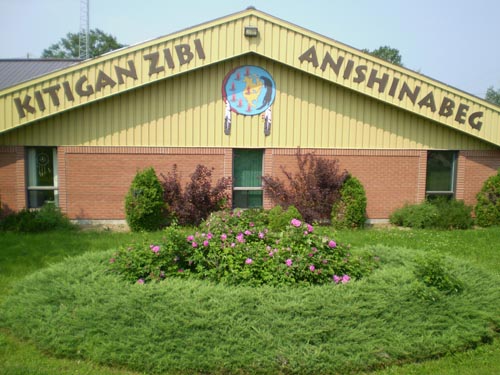
The government has worked with First Nations communities and their stakeholders since 2013 under the Safe Drinking Water for First Nations Act to develop “enforceable federal regulations that will better ensure access to safe, clean, and reliable drinking water, the effective treatment of wastewater, and the protection of sources of drinking water on First Nation lands.”

In 2000, the International Joint Commission (IJC) pointed to policy gaps across government bodies with respect to the Great Lakes. In a statement released this week, the IJC described the progress over the last sixteen years as “for the most part a good new story.”
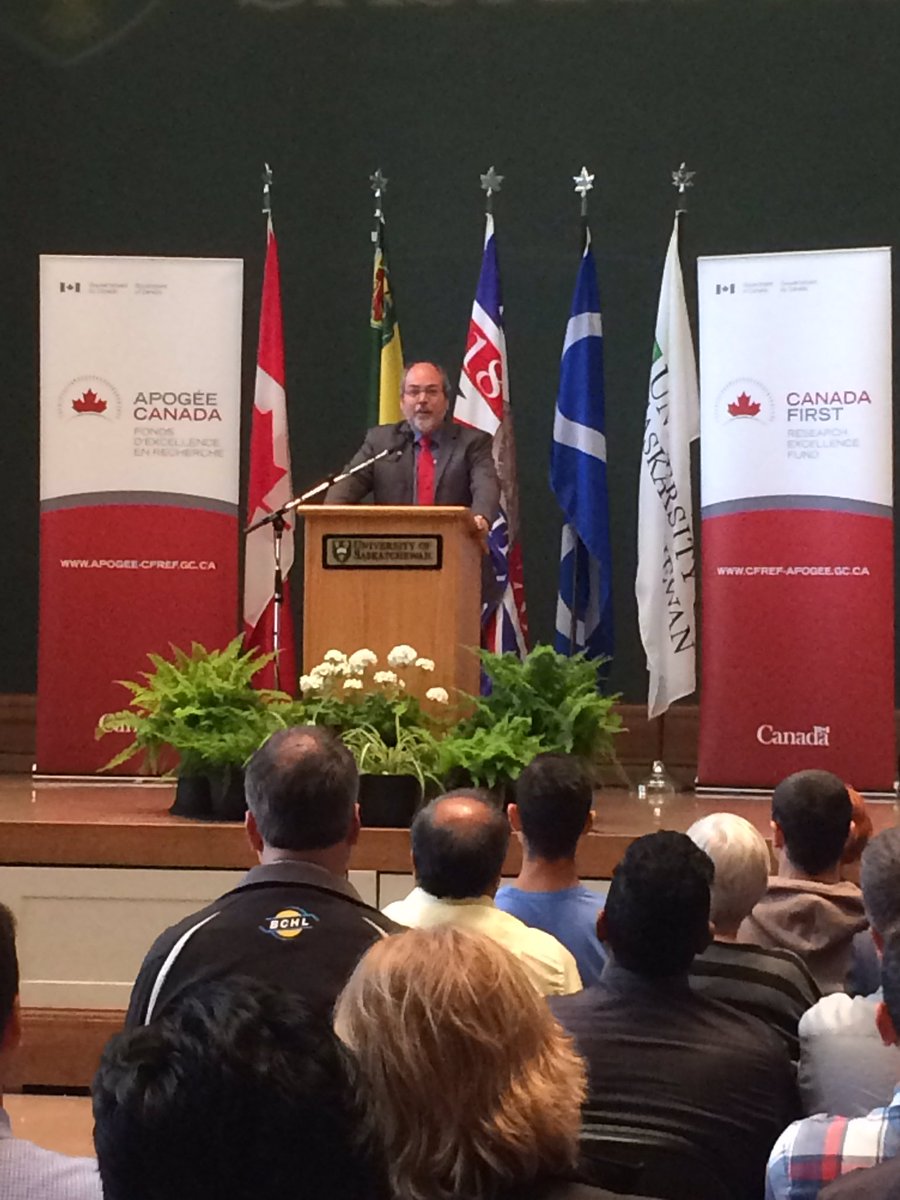
This week, the Government of Canada unveiled plans for a new $77.8 million research program, led by the University of Saskatchewan with more than 380…
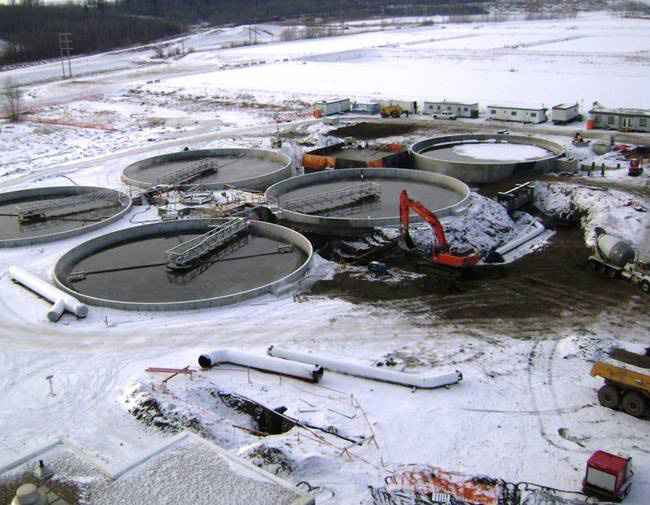
The governments of Canada and Alberta announced a new bilateral agreement that will make more than $1.08 billion in funding available under two new federal programs…
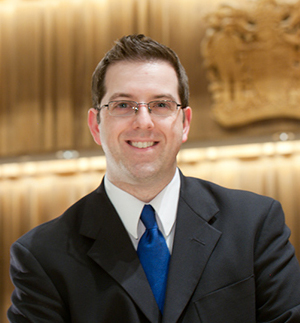
In response to local environmental groups’ worries Nestlé’s water takings in the Grand River Watershed, Guelph mayor Cam Guthrie posted a response on his blog…